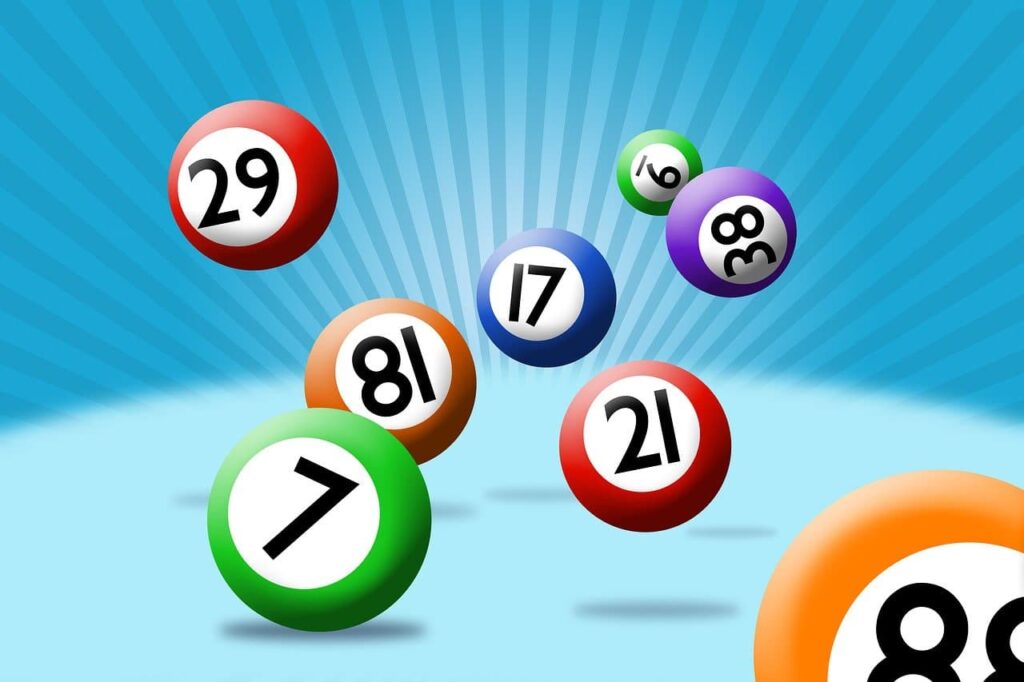Historical analysis of lotteries in Japan
In Japan, where lottery participation has become part of the culture, theaters have also found their own unique way of engaging audiences through lotteries. As in many cultures where lottery tickets are often purchased on every corner, in Japan theater lotteries have become a popular means of attracting audiences and financing performances.
The first government lotteries in Japan date back to the Muromachi dynasty and were further promoted in 1730, becoming an important part of the post-war economy after 1945.
Thus, theaters have adapted the concept of lotteries by holding drawings for tickets to performances, which not only stimulates interest and access to the performing arts, but also supports it financially. For example, “takarakuji” tickets, translated as “luck” or “lottery”, began selling in October 1945 and quickly gained popularity.
Today, many prefectures and special cities in Japan hold their own regional lotteries to support local budgets, including theater projects. Events such as Jumbo in Japan or Azerlotereya in Azerbaijan, held four times a year, have become cultural events highlighting the deep connection of lotteries with national culture and performing arts.
The winnings in these lotteries are huge: three times a year, the winner receives 200 million yen (approximately $1,724,171), and the fourth, New Year’s draw brings the lucky winner as much as 300 million yen (approximately $2,586,257). Actually, the tickets for such a generous lottery are not cheap either – 300 yen each. At the same time, the numbers are already printed on them. The prize pool of the “Jumbo” lottery is the largest in Asia. It may exceed 30 billion yen (approximately $259 million).
In addition to such a large-scale lottery, more modest but no less popular social lotteries “Rainbow” are held in Japan, 10 times a year. This lottery is charitable: the profit from its holding is directed to finance the work of Jichi Medical University. Its employees provide medical assistance in rural areas, and also specialize in health support for the elderly.
At the same time, at the very beginning of the year, a lottery called “First Dream of the Year” is held (translated as “First dream in the New Year”). Tickets for these lotteries are 10 times cheaper than for “Jumbo”, and their winnings are much more modest.

Theater lotteries today
Theaters in Japan occupy a special place in the cultural life of the country. They are not only a venue for performances, but also platforms for social interaction, education and cultural exchange. In recent years, theaters have begun to actively use the theme of lotteries in their productions, adding a new layer of interaction with the audience. For example, one Tokyo theater developed an interactive play where audiences could enter a lottery during the performance, with winnings including exclusive souvenirs or even roles in subsequent performances.
This innovation not only increased audience interest, but also created a stronger connection between the audience and the artists. Such events attract new audiences to theaters who may not otherwise attend theatrical performances, but are interested in the opportunity to win. It also helps theaters remain financially stable in today’s economic uncertainty.
Proceeds from lotteries held by theaters are used to support theatrical art, the development of new projects and innovative approaches to theatrical activities. Through such creative approaches to financing, Japanese theaters are setting an example for the sustainable development of cultural institutions, which is especially important in today’s economic realities.
The influence of lotteries on the Japanese theater scene is an example of how traditional elements can be reinterpreted in a modern context. This demonstrates the deep connection between cultural heritage and modern trends, contributing to the development and popularization of the performing arts. This approach allows theaters not only to strengthen their financial position, but also to expand their audience, contributing to the overall cultural life of the country.
Lotteries and theaters in Japan thus mutually enrich each other, creating unique cultural practices that continue to attract the attention of both local and foreign visitors.